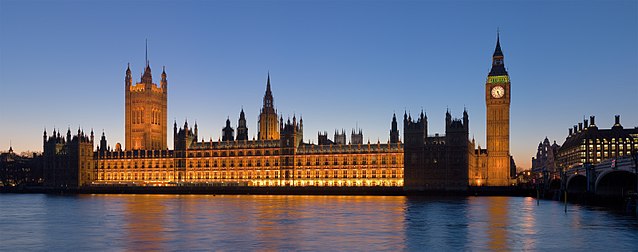In a recent interview, Arif Ahmed, England’s first university free speech champion and director for the Office for Students (OfS), outlines his approach to his new role.
Ahmed stresses political neutrality and dismisses involvement in ‘culture wars’, sparking discussions on the implications for the trans community and other marginalised groups.

In an article by Richard Adams in The Guardian, the role of Arif Ahmed, the new OfS (Office for Students) director for free speech at universities in England comes to the fore.
Ahmed emphasises the importance of political neutrality in his role and has stated that he is not interested in promoting ‘culture wars’. He plans to measure his success or failure through student surveys and the number of complaints made under procedures being developed by the OfS.
“This is not about culture wars, or anything like that. We have no interest in culture wars. We have no interest in this or that particular topic,” Ahmed said.
From a pro-trans perspective, Ahmed’s stated commitment to political neutrality could be a positive sign, as it suggests that his role will not serve to amplify anti-trans sentiment under the guise of ‘free speech’.
As we know, the term ‘culture wars’ usually refers to manufactured conflicts over issues like trans rights, and Ahmed’s stated disinterest in these wars may suggest a more equitable approach to all issues, including those that affect the trans community.
However, there are nuances to consider.
Ahmed acknowledges that there are ‘threats to free speech and academic freedom’, but does not specify what these threats are.
“There are threats to free speech and academic freedom … we do have evidence of this,” he said without expanding further.
Depending on how threats are defined, this could either serve to protect vulnerable communities like trans students or, conversely, could put them at further risk if ‘free speech’ is used to justify hate speech or bigotry.
The article mentions an unnamed survey in which 86% of students felt very or fairly free to express their ideas. This could imply that the majority of students, including potentially those from trans or other marginalised communities, feel they can speak openly.
11% felt ‘not very free at all’ while 3% felt ‘not free at all’.
So, while Ahmed’s role and statements appear to lean towards promoting an inclusive environment for all views, the devil will be in the details, and the devil has burned us all more than once already.
The manner in which ‘free speech’ and ‘threats to academic freedom’ are defined and acted upon will ultimately determine whether the initiative serves to protect or harm trans and other vulnerable student populations.
Given the fact that Ahmed has been appointed to a role created by this Tory government, I think we can all guess what way it all will go.
Exclusive: Guardian writers and editor set up group to make Guardian more transphobic











